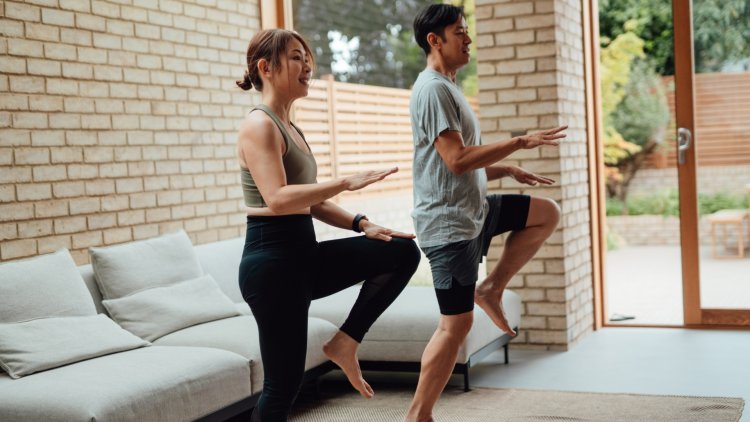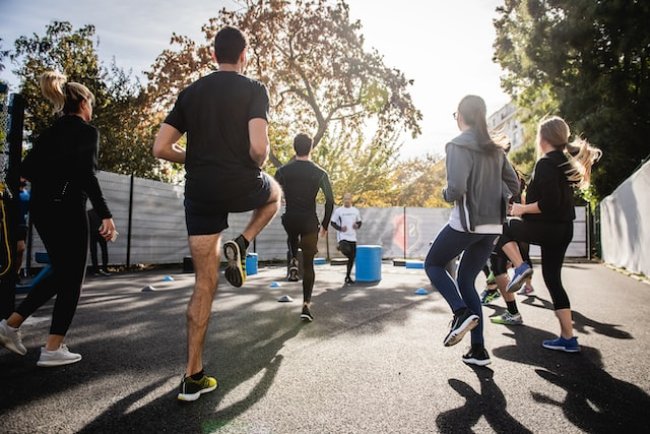Can Exercise Really Help You Live Longer? Science—and Sweat—Say Yes
We’ve always been told that exercise is good for us. It strengthens our bones, lifts our moods, and keeps chronic illnesses like diabetes and heart disease at bay. But here’s the bigger, more tantalizing question: can moving your body actually add years to your life?

Decades of research suggest the answer is a resounding yes. And the latest science goes even further, showing that your cardiorespiratory fitness the efficiency with which your heart and lungs fuel your body during exertion may be one of the strongest predictors of longevity we have.
The Science of Fitness and Longevity
A massive study published in JAMA examined more than 122,000 patients who underwent treadmill exercise testing. Their ages spanned from sprightly 18-year-olds to veterans of life well past 80. The results were clear: the fitter you are, the longer you’re likely to live.
The relationship was dose-dependent, too. Higher levels of cardiorespiratory fitness (CRF) correlated with higher survival rates, with no ceiling in sight. In fact, the benefits were especially pronounced among older adults and those with high blood pressure—groups you might expect to have limited exercise gains. Instead, the opposite was true: fitness acted almost like a buffer against the ticking clock.
So, How Much Exercise Do We Really Need?
Current health guidelines give us a roadmap:
150–300 minutes of moderate aerobic activity per week (think brisk walking, cycling, or swimming)
OR 75 minutes of vigorous exercise (running, HIIT, fast-paced sports)
Plus, at least two resistance training sessions weekly to keep muscles strong.
And yet, only about 20% of adults and teens actually meet these benchmarks. The rest of us? We’re leaving longevity gains on the table.
Where to Begin: A Gentle Invitation to Move
If the thought of carving out hours at the gym makes you groan, here’s the good news: fitness doesn’t require heroics. It requires consistency.
Start small. A 10-minute walk three times a week is a beautiful beginning. Slowly tack on minutes and days until you hit that 150-minute goal.
Think safety first. If you have a history of heart disease or medical concerns, check in with your doctor before revamping your routine.
Reframe it. Exercise is not a punishment for your body—it’s a gift to your future self.
And if the gym intimidates you, remember this: everyone starts as a beginner. No one is watching as closely as you think.
Already Exercising? Here’s How to Level Up
For the seasoned movers out there, longevity gains don’t plateau—you can still amplify them:
Mix in resistance training to build strength and protect joints.
Experiment with high-intensity intervals when you’re short on time.
Keep your workouts varied to avoid plateaus and boredom.
Your body thrives on challenge, and so does your mind.
The Bigger Picture: Health as Daily Practice
Life rarely pauses to hand us time on a silver platter. Between work, family, and endless responsibilities, exercise often feels negotiable. But here’s the truth: your health is the foundation that makes everything else possible.
Optimizing it—through nourishing food, enough sleep, and regular movement—takes effort, yes, but it’s the kind of effort that compounds beautifully. Every walk, every push-up, every sweaty grin is not just exercise; it’s a down payment on a longer, more vibrant life.
Bottom line: You don’t have to run marathons to extend your years.
You just have to start moving—and keep moving. The science says the benefits only grow with you, and the clock, for once, can become your ally instead of your enemy.
What's Your Reaction?




















